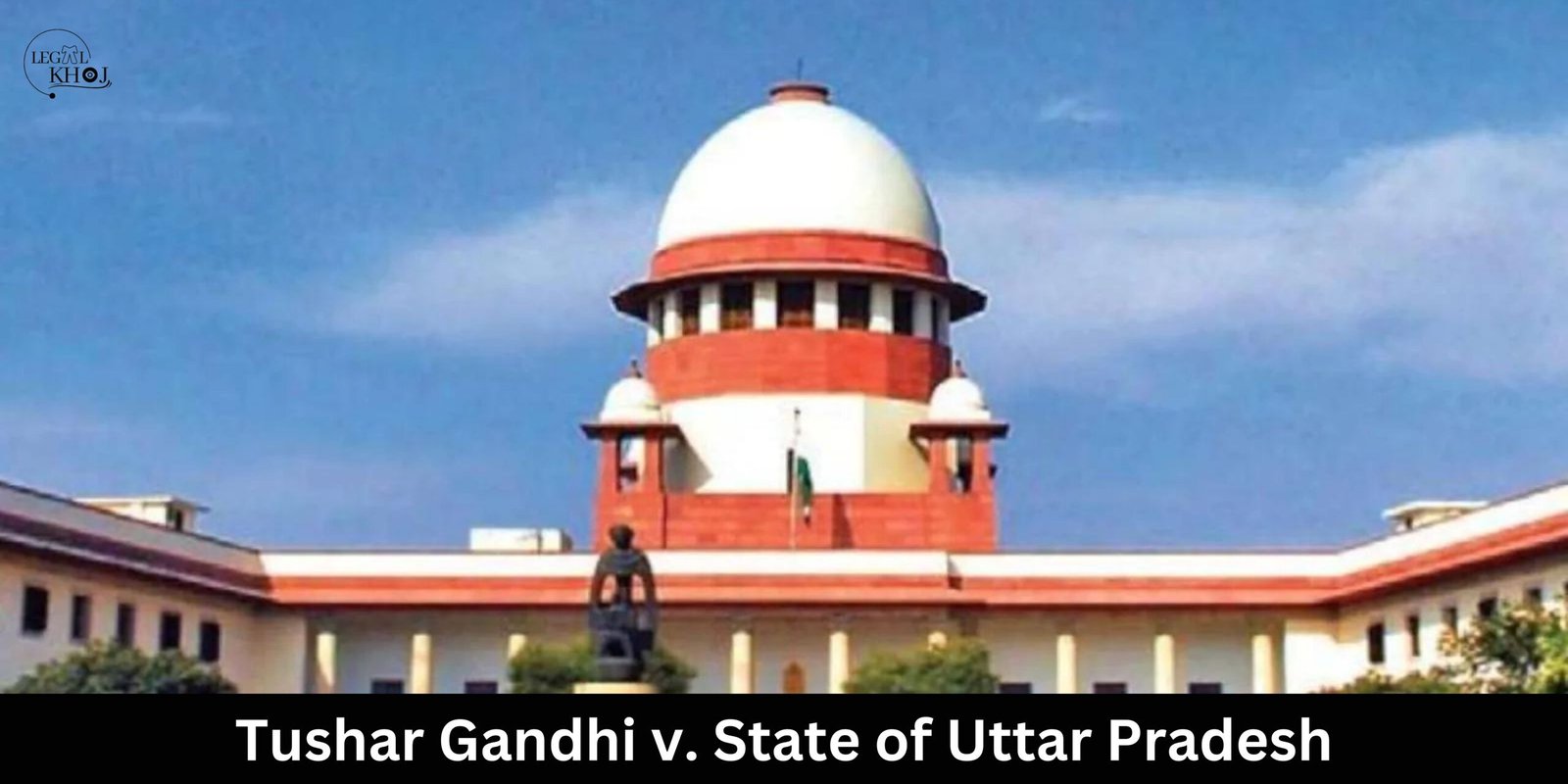Supreme Court Considers Expert Agency for Traumatized Muzaffarnagar Student in Slapping Case
In a recent development, the Supreme Court of India has raised concerns about the traumatized state of a young victim in the Muzaffarnagar student slapping case and criticized the Uttar Pradesh Education Department’s handling of the situation. The Supreme Court has contemplated the appointment of an expert agency in child welfare to provide in-home counseling for the affected child, rather than insisting that the child visit a counseling center. The case revolves around a disturbing incident where a primary school teacher in Muzaffarnagar instructed students to slap their Muslim classmate, which was captured in a viral video, sparking public outrage.
The Supreme Court, comprising Justice Abhay S Oka and Justice Pankaj Mithal, is overseeing a public interest litigation (PIL) filed by activist Tushar Gandhi, seeking a thorough and time-bound investigation into the incident. The case involves the alleged assault of a seven-year-old Muslim student by his school teacher, Tripta Tyagi, who justified it as punishment for the child’s poor performance in multiplication tables. The incident, accompanied by Tyagi’s communal remarks, garnered nationwide attention, leading to a First Information Report (FIR) filed against the teacher.
The Supreme Court expressed dissatisfaction with the delay in filing the FIR and the omission of allegations of communal hatred from it. As a result, the court ordered a senior police officer to investigate the case and urged the state government to provide expert counseling to the victim and other children involved, aligning with the Right to Education Act and Article 21A of the Constitution.
The Supreme Court also took note of the “prima facie failure on the part of the State” to adhere to the Right to Education Act and rules, which forbid the physical and psychological torment of students and their unfair treatment based on their religious beliefs and social background. The justices emphasized the need to avoid penalizing students solely based on their religious identity to ensure quality education.
During the recent proceedings, the Supreme Court was informed that the home department had submitted a status report, but the education department had yet to file its affidavit. Additional Solicitor-General KM Nataraj highlighted the completion of the investigation and the addition of charges under Section 295A of the Indian Penal Code and the Juvenile Justice (Care and Protection of Children) Act, 2015. However, government sanction for prosecution under Section 295A was still pending.
The Supreme Court directed the government to promptly decide on the application for prior sanction under Section 295A and expressed concern about the traumatic condition of the child. Advocate Shadan Farasat, representing the petitioner, stressed the need for specialized counseling beyond what the state government was providing. The court was informed that a committee of three secretaries had been formed to provide counseling, but Justice Oka questioned their competence in providing child counseling. He suggested considering expert agencies or organizations such as the National Institute of Mental Health and Neurosciences (NIMHANS) or the Tata Institute of Social Studies (TISS) for the purpose of counseling.
The Supreme Court underlined that this aspect of the litigation should not be treated adversarially and indicated the possibility of appointing an expert agency for counseling not only the victim but also the other children involved in the incident.
Background by Supreme Court
In the background of the case, the incident involved a private school teacher, Tripta Tyagi, instructing her students to physically assault a seven-year-old Muslim student as a form of punishment for his poor performance in multiplication tables. Tyagi, caught on video, made derogatory comments about ‘Mohammedan children,’ leading to widespread outrage. An FIR was registered against Tyagi, but the National Human Rights Commission (NHRC) also intervened, expressing concerns about human rights violations and requesting detailed reports from the UP government regarding the teacher’s actions, the status of the FIR, compensation to the victim’s family, and preventive measures for future incidents.
Social activist Tushar Gandhi filed a petition in September, seeking an independent and prompt investigation into the incident and the registration of FIRs against those responsible. The petition called for a thorough investigation of offenses under the Indian Penal Code related to promoting enmity between different religious groups and uttering words with the intent to wound religious feelings. It also emphasized various offenses under the Juvenile Justice (Care and Protection of Children) Act, 2015.
In light of these developments, the Supreme Court is taking a proactive approach to ensure justice and appropriate care for the traumatized victim and the children involved in this unfortunate incident. The court’s focus on expert counseling and adherence to laws prohibiting discrimination and harassment in education sends a strong message about protecting the rights and well-being of students in India.

One Reply to “Supreme Court Lambasts UP Education Dept: “Child’s Trauma in Muzaffarnagar School Slapping Case – Should He Still Attend Counselling Centre?””